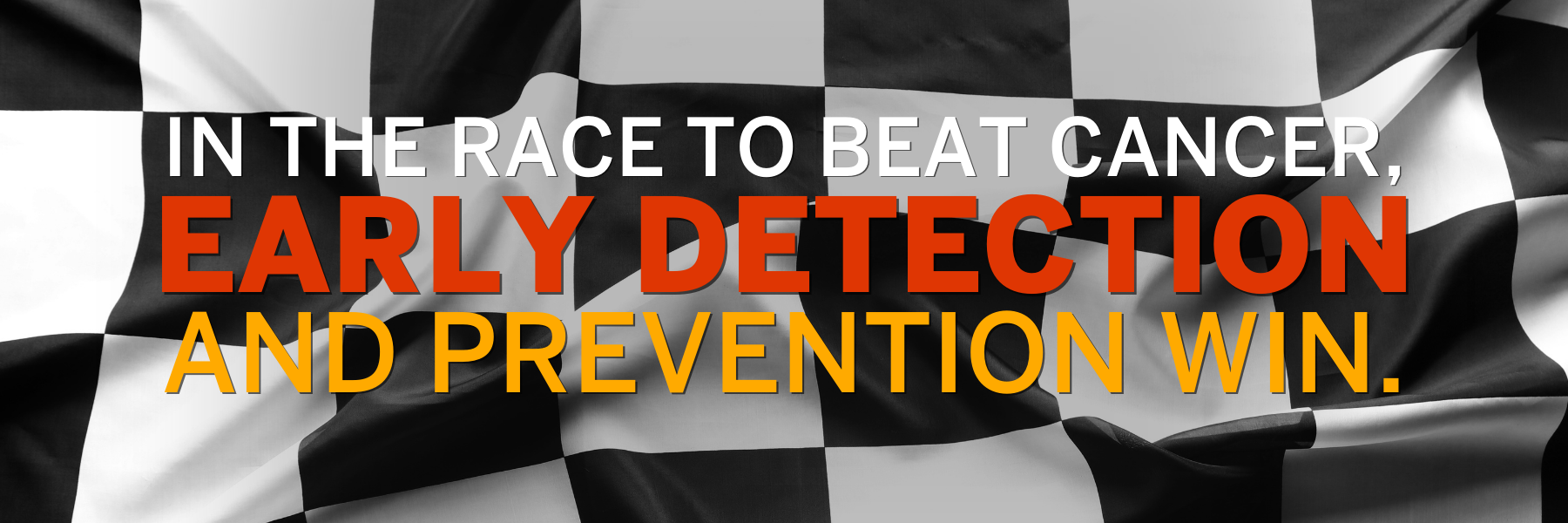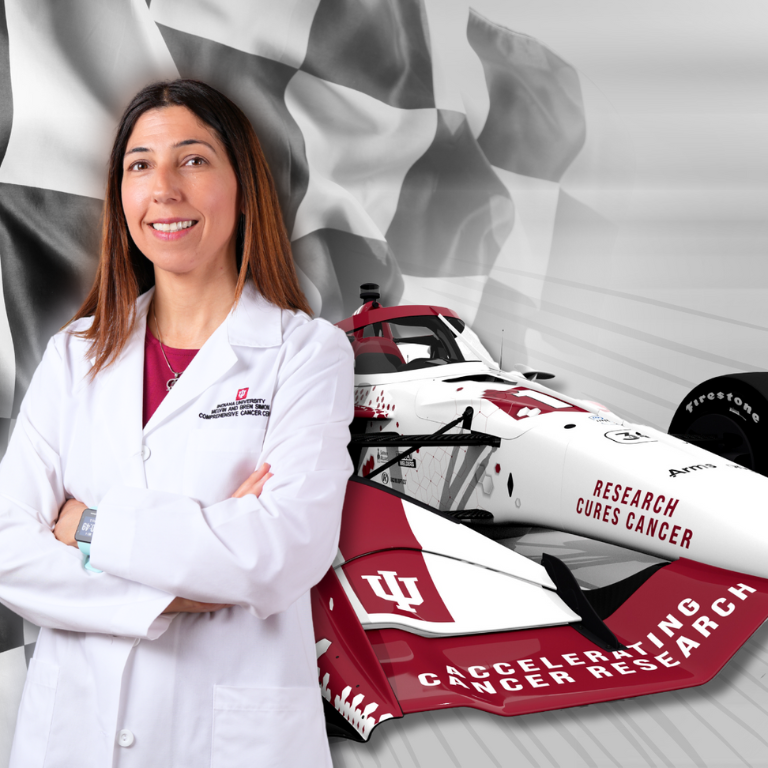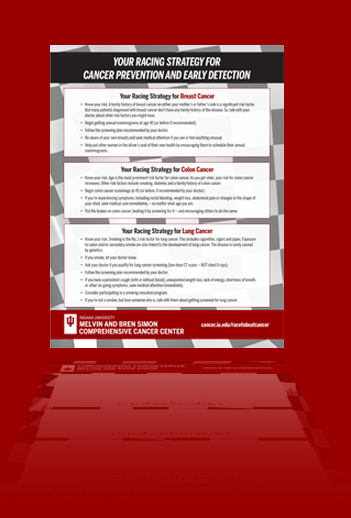The world of treating lung cancer has changed so much. There are so many more treatment options, and we understand the biology of lung cancer better now, including how it happens and how it spreads. Patients are living longer now than they did even as recently as 2009.
Treatment is determined on a case-by-case basis. Lung cancer isn’t just one disease. There are subtypes. Certain genes cause lung cancer to grow. If a patient has one of these genes that is driving growth, we can give them a pill or a targeted therapy. If the cancer responds to it, the patient can be on this targeted treatment for years.
If a patient doesn’t have a driver mutation, we use immunotherapy and/or chemotherapy to treat their lung cancer. Immunotherapy has revolutionized the way we treat cancer. It stimulates a patient’s own immune system to attack the cancer cells.
There has been progress in treating every stage of the disease. Things are literally changing daily. Today, we even have long-term survivors of Stage IV lung cancer.
Lung cancer still takes way too many lives, but there are a lot of things we can do. The earlier we can diagnose it, the better. Our goal is to cure lung cancer, reduce the suffering from it and if we turn it into a chronic disease, we want it to impact a patient's life as little as possible.
There is a lot of research being done regarding radiology techniques. For example, how can we improve the sensitivity of the scans? How can we better determine what should be biopsied and what shouldn’t?
There is also a lot of machine learning going on, as well as research around lung biomarkers that can be used to detect lung cancer earlier.
Ultimately, our goal is finding a cure. But, even now, there is a lot of hope regarding lung cancer treatment. There are so many experts out there who are working on this. So, even though a lung cancer diagnosis can be scary, it is important that patients don’t lose hope.
I had three uncles die from lung cancer. Cigarettes were a friend for them. They worked hard and provided for their families. They were good people. Life is hard and sometimes we revert to things that are so addictive and so very difficult to quit. While my uncles’ deaths didn’t influence my decision to focus on lung cancer, they certainly helped me have a better understanding of and compassion for lung cancer patients.
When I was in training, I worked with Dr. Larry Einhorn. He is exactly who I want to be. He is extremely smart, but humble. And he has a very good bedside manner. He had a significant influence on my decision to go into oncology — with a focus on lung cancer — because, like him, I want to contribute. I want to not just care for my patients but about my patients.
I grew up in Jordan where smoking is a huge problem. Through the work I do now, I feel like I am helping people back home.







